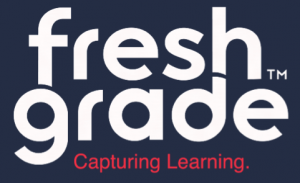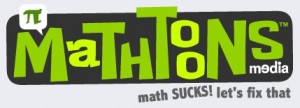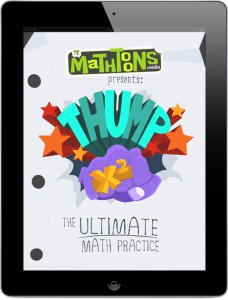Expression of Interest – Industry Collaborative Projects and Programs
The Innovative Learning Centre (ILC)
Educators, K – 20, are challenged to find ways to enhance student engagement and meaningfully integrate appropriate technologies into their teaching and learning and to personalize learning. Technology companies grapple with ways to design technologies that are competitive and relevant to the education sector while being both economically sustainable and pedagogically viable. While both recognize the importance of 21st century skills and their importance in a knowledge economy, neither group has adequate examples of innovative teaching practice or access to creative learning environments where they can design, incubate and research technology enhanced teaching and learning.
The Innovative Learning Centre (ILC) will fill that gap by collaborating with industry partners such as those associated with Accelerate Okanagan, providing pedagogical expertise, research and design support, and access to educational partners and networks. For the past 10 months, researchers within the proposed ILC have met with local software developers, exploring potential partnerships in response to the significant changes required in classrooms locally, provincially and nationally to maintain and elevate Canada’s position in the knowledge economy. Schools are seeking ways to meaningfully engage learners, and rural and remote schools with declining populations are seeking innovative ways to retain students and provide relevant learning opportunities through the use of appropriate technologies to personalize learning. Postsecondary intuitions are not immune from these challenges either as they grapple with changes prompted by the “Flipped Classroom” and MOOCs, to name only the most recent and high profile. They Educators, such as our regional school districts (e.g. Kelowna, Vernon, Penticton, etc.); campus colleagues (e.g. Drs. Lasserre, Desjardins, Bottorff); international partners (e.g. Aga Kahn University – Institute of Education Development, Da es Salaam campus) seek partnerships with ILC to incubate the use of innovative technology and design learning environments for challenging contexts, and to engage practicing teachers in the adoption of innovative pedagogy to meet the needs of learners in traditional and non-traditional settings.
The ILC will build an interactive, engaging space that reflects the energy and opportunity of the Okanagan Valley. It will be a place that fosters explorations, research, and innovations in pedagogical excellence. The ILC will be a developmental space at the intersection of research and practice, providing participatory and observatory experiences in both real and virtual environments. The ILC will empower industry, academics, teachers and students to participate fully in the process of imagining learning spaces to foster creativity, deep learning through play and tinkering, and mindful learning which will allow participants to think differently about how learning takes place.
The ILC will provide a locus from which BC and Canadian companies working in educational technology, academics, and educators can explore and address research questions emerging in education at this time of socio-cultural change, globalization and ubiquitous access to information. Emergent questions include:
- How is pedagogical excellence re/defined in technology enhanced, inclusive multicultural settings?
- In what ways can innovative technology better address the needs of diverse learners?
- In what ways will new media and participatory literacies shape educational practice?
- What types of learning environments are supported and fostered with ubiquitous media?
- In what ways will technology innovation shape educational practice?
- What are the effective pedagogical approaches that support specific software development and design?
- What types of software / “app” design fosters sustained student engagement and deep learning?
- What types of technology (devices, software, apps) helps to engage unmotivated students?
- To what degree does the choice of choice support / limit student engagement, understanding, personalization?
- How will teaching and learning be manifest in this type of innovative instructional space?
- What types of furnishings enable engaged, participatory learning in new learning environments?
The inclusive design of the ILC will encourage groups of companies in the technology sector to work more effectively with academic partners and imagine and create software, tools, and resources to keep British Columbia on the cutting edge of educational innovation. The ILC will adopt an iterative development model, staging investments of hardware and software in a phased way in order to leverage resources in a thoughtful and creative manner to match, foster, and enhance pedagogical endeavours. The ILC recognizes its development will require constant collaboration with emerging industry partners, critical friends, dreamers and idealists in order to foster research, engage in deep play, and incubate innovations that can be commercialized and add benefit to the education sector both locally and globally.
References
Isaacson, W. (2011). Steve Jobs. New York: Simon & Schuster.
Lehrer, J. (2012). Imagine: How creativity works. Toronto: Allen Lane.
Monaghan, C. (2012). Creativity and the adjacent possible. Retrieved from http://chrismonaghan.org/2012/01/creativity-and-the-adjacent-possibl/
MIT, (2012). Seeding Innovation: The MIT Media Lab at Aspen Ideas Festival. Retrieved from
http://www.media.mit.edu/video/index.php/videos/view/ml-aspen-2012-06-25
Expression of Interest WD ILC



